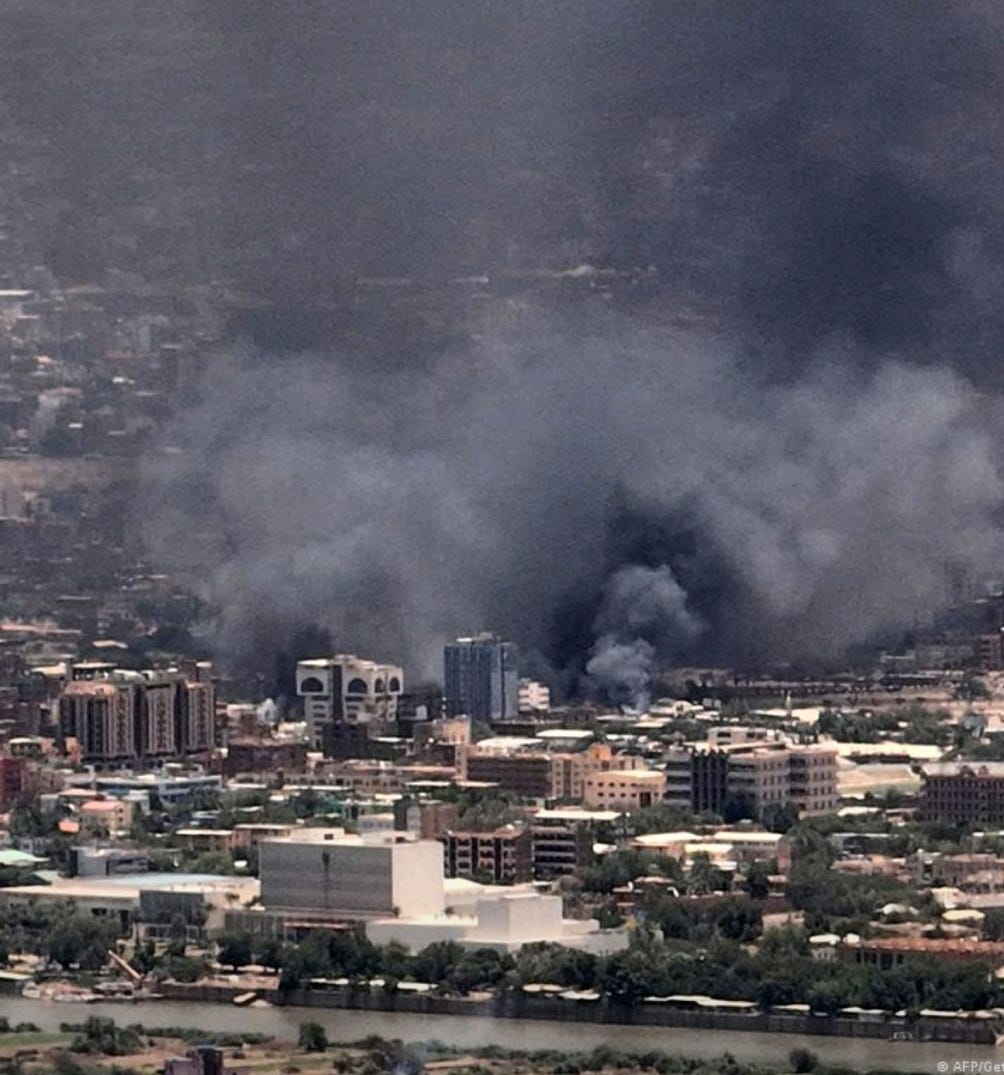The DPT Initiative that is Bringing Leadership to Africa
New Cohort Enrolled at University of Montana
Hello Everyone! It has been a tumultuous year to say the least, but we wish you all a wonderful new year ahead as we continue our ongoing initiative to bring our communities greater access to quality rehabilitation services.
As you know, we have always adopted the position that Syllabi was focused on us Africans because it was formed by us Africans. We intentionally placed a quote by Nelson Mandela on our front page because we wholeheartedly believe that education is the key to a beautiful Africa. We have always indulged in discussions of high relevance to our colleagues. And while we do our best to focus on rehabilitative issues, we also delve into political and economic issues that are important to our readers and fellow colleagues.
Because Syllabi was conceived in Sudan, I cannot but take a moment to remind everyone that the ongoing violence and war and destruction have continued for over 9 months with little attention from the world. This ”forgotten war” has been renamed the “abandoned war” by UNICEF officials. In its short duration, over 7 million people were displaced with 2 million out of the country, 17.7 million facing starvation, 19 million children out of school, 9.7 thousand cholera cases, destruction of over 70% of the health facilities, over 12000 dead and 30,000 injured. This is occurring in what was once called “the world’s breadbasket”; so how important was it for Africa? While Sudan’s recent history was mired politically, the communities that live in Sudan have origins that stretch from Zambia to Nigeria to Ethiopia to Kenya to Somalia to Mali to Mauritania to Senegal to Egypt to Morrocco to Yemen and all countries in between. The Sudan has typically been a crossroads of different tribes and nomads that freely and safely navigated its vast savannahs and deserts. So it comes as no surprise when I often meet people in Ethiopia or Nigeria or Rwanda who have family and friends or may have even been brought up in Sudan. I think my friend said it best when he told me that he felt at home wherever he went in Africa. You see, we are born and bread of the same material and there is little that separates us. For decades, the Sudanese economy provided subsidized housing, food, fuel, and other goods to neighboring countries. Not always willfully, mind you, but still these goods helped markets flourish from Eritrea and Ethiopia to Chad, Niger, CAR, and further West as Sudan’s was also filled with cloth, seeds, oils, perfumes/colognes and other goods. Egyptian markets are filled with the pure organic beef and camel meat that is bought from herdsmen of the Darfur region. And many other examples of Sudan’s brotherly relations exist with its neighbors. More than brothers, Sudan has strongly rooted ethnic relations with the people of these countries. It goes without saying, that as Sudan fails, it has failed its role and its purpose and its family. At a time when the Sudan was transforming into another beacon of freedom, justice and peace, it was strong armed and hamstrung by violence and greed. This is nothing new in the world, but we Africans especially should not tolerate such a situation in our midst as it undermines our own experience with violence, abuse, and war.
Watching this unfold, there was little that an individual like me could do aside from ensure one’s family’s survival and safety. However, I have maintained contact with colleagues from Sudan and have been following their current predicament in an effort to assist those in need and maintain a bridge with them as they are faced with daily struggle and fear. I have learned of atrocities and shared their pain and discovered the paths that many have taken, often fleeing to desolate villages or even crossing illegally to Egypt or across the Red Sea to Gulf nations where attaining a job is a possibility. I have also learned the fate of those who have remained, often providing their services for free to those in need and providing medical assistance as well as opening their homes and schools in some cases. I have found educators (myself included) working online with whatever little bandwidth is available to provide education and ongoing support to students who have not been to university for almost a year. Mind you, these students may not even have a classroom to return to after the war as much reconstruction is needed to get Khartoum and the country back on its feet. These individuals have inspired me to continue upon the journey we started in August 2021, and I found the strength to write to you and share with you the current status of the people of Sudan for I know that Africa will always take care of its own and will not forget its people. The work of the AU, IGAD, East Africa Conference, and other African organizations is testament to that.
Last December we wrapped up our admissions with new students from Ghana. We believe they will make a strong and necessary addition to our previous cohorts, and we welcome them into the program and wish them the very best going forward.
The next cohort’s admission is now open and will remain so until March 30, 2024. Studies for this spring semester will begin in April. If you are interested in admission to the program, make sure that you begin your registration and enrolment at an early stage by contacting us and expressing your intent as soon as possible; and we can store your documentation until such time that you are formally ready to begin your DPT journey.
Upcoming Events:
Syllabi Webinar: Physical Therapy in the Middle East; Market comparison, licensing requirements, visa requirement
Recent Evidence Based Practice in Physical Therapy
African Forum for Physical Therapy Educators
Invitations and schedule will be shared in the near future.
Thank you!





